GREEN VERDICTS
The NITI Aayog has commissioned a study that seeks to examine the “unintended economic consequences” of judicial decisions that have hindered and stalled big-ticket projects on environmental grounds.

About:
- The document appears to suggest that judgments that negatively impact major infrastructure projects don’t adequately consider the economic fallout — in terms of loss of jobs and revenue.
- Doing so, would contribute to public discourse among policymakers for promoting an “economically responsible approach by judiciary” in its decisions.
- The project brief says that it intends to examine five major projects that have been “impacted” by judicial decisions of the Supreme Court or the National Green Tribunal.
- It plans to do this by interviewing people who have been affected by the closure of the projects, environmental campaigners, experts and assessing the business impact of closure.
- Projects to be analysed include the construction of an airport in Mopa, Goa; cessation of iron ore mining in Goa, and the shutting down of the Sterlite copper plant in Thoothukudi, Tamil Nadu. The others are decisions by the NGT involving sand mining, and construction activities in the National Capital Region.
- The study is to be undertaken by the Jaipur-headquartered CUTS (Consumer Unity and Trust Society) Centre for Competition, Investment and Economic Regulation, that also has an international presence.
TRANS FATS
The Food Safety and Standards Authority of India (FSSAI) has amended its rules to cap trans-fatty acids (TFAs) in food products, just weeks after it tightened the norms for oils and fats.
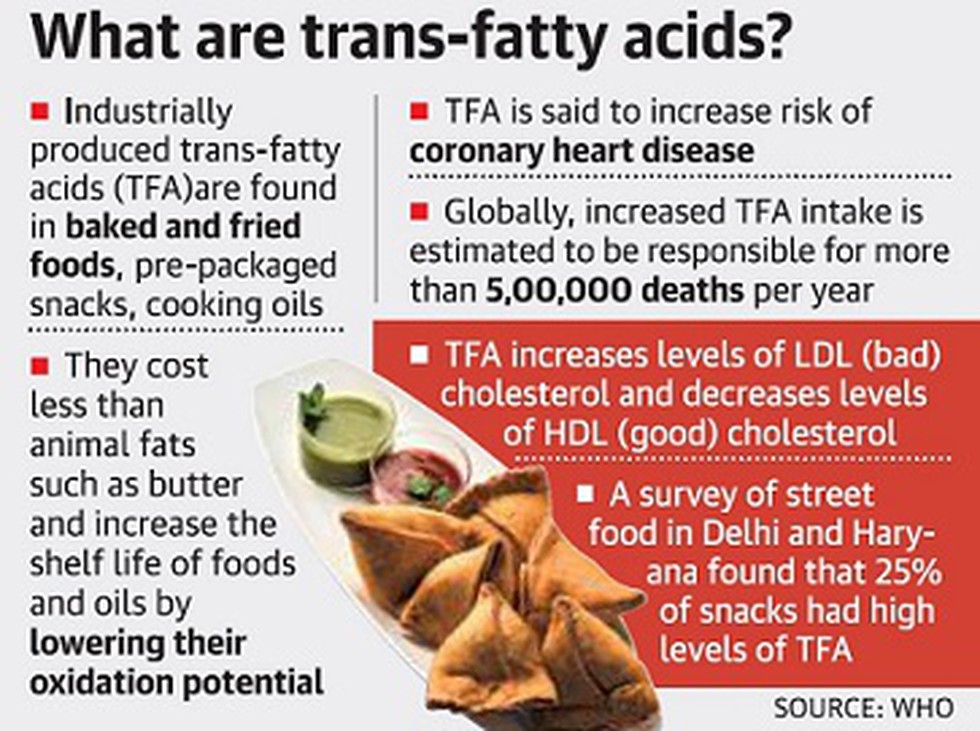
About:
- Food products in which edible oils and fats are used as an ingredient shall not contain industrial trans-fatty acids more than 2% by mass of the total oils/fats present in the product, on and from 1st January, 2022.
- The 2% cap is considered to be elimination of trans-fatty acids, which India will achieve by 2022.
- In December 2020, the FSSAI had capped TFAs in oils and fats to 3% by 2021, and 2% by 2022 from the current levels of 5%.
GOVERNMENT REGULATIONS AND TECH PLATFORMS
The Centre has issued notice to Twitter after the micro-blogging site restored more than 250 accounts that had been suspended earlier on the government’s ‘legal demand’.

Indian Law:
- In India, the Information Technology Act, 2000, as amended from time to time, governs all activities related to the use of computer resources.
- It covers all ‘intermediaries’ who play a role in the use of computer resources and electronic records.
- The term ‘intermediaries’ includes providers of telecom service, network service, Internet service and web hosting, besides search engines, online payment and auction sites, online marketplaces and cyber cafes.
- It includes any person who, on behalf of another, “receives, stores or transmits” any electronic record. Social media platforms would fall under this definition.
ONE-PERSON COMPANIES (OPCs)
In her Budget speech, Union Finance Minister Nirmala Sitharaman announced measures to ease norms on setting up one-person companies (OPCs).
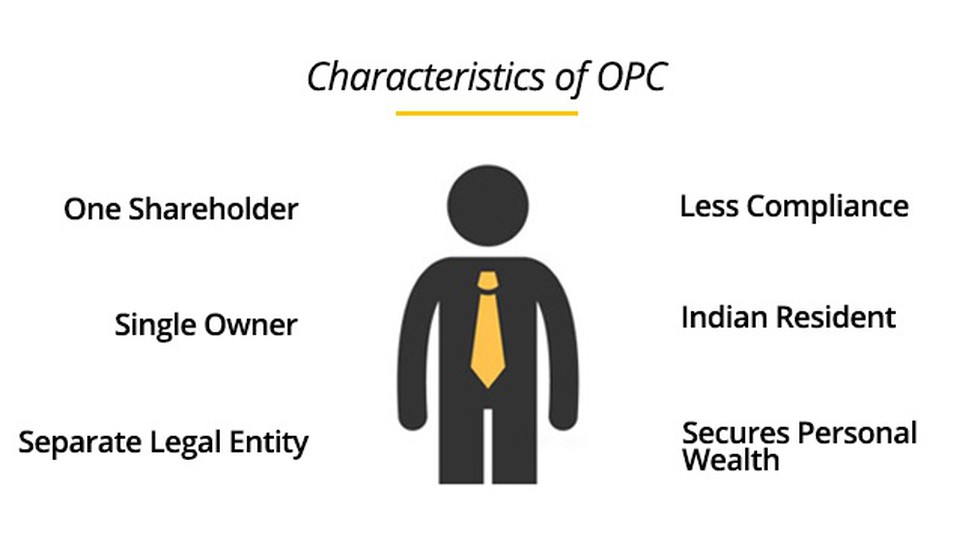
About:
- As the name suggests, a one-person company is a company that can be formed by just one person as a shareholder.
- In India, the concept was introduced in the Companies Act of 2013. Its introduction was based on the suggestions of the J.J. Irani Committee Report on Company Law, which submitted its recommendations in 2005.
Budget 2021 proposals:
- The 2014 rule, which stated that a one-person company would cease to have that status once its paid-up share capital exceeds ₹50 lakh or its average turnover for the preceding three years exceeds ₹2 crore, has been lifted.
- The proposals also include, “reducing the residency limit for an Indian citizen to set up an OPC from 182 days to 120 days and also allow non-resident Indians (NRIs) to incorporate OPCs in India.” Earlier, only an Indian citizen and an Indian resident could start a single-person company.
- The step would directly benefit start-ups and innovators.
KA-226T UTILITY HELICOPTERS
The total indigenous content of the Ka-226T utility helicopters, to be jointly manufactured locally by India and Russia with Transfer of Technology (ToT), is between 27%-33%, said Chairman and MD of Hindustan Aeronautics Limited (HAL) R. Madhavan.

About:
- The final deal is held up as the Russian proposal of 62% indigenous content in assembled helicopters falls short of the tender requirement of 70%.
- The Ka-226T is meant to replace the ageing and obsolete Cheetah and Chetak fleet of the Army and Air Force and the total technical life of these will start finishing from 2023 onwards.
- The helicopters would be manufactured by India Russia Helicopters Limited (IRHL) — a joint venture between HAL and Russian Helicopters.
BHARAT RATNA PANDIT BHIMSEN JOSHI AKASHVANI SANGEET SAMMELAN
The prestigious Akashvani Music Festival, will henceforth be named after Bharat Ratna Pandit Bhimsen Joshi.
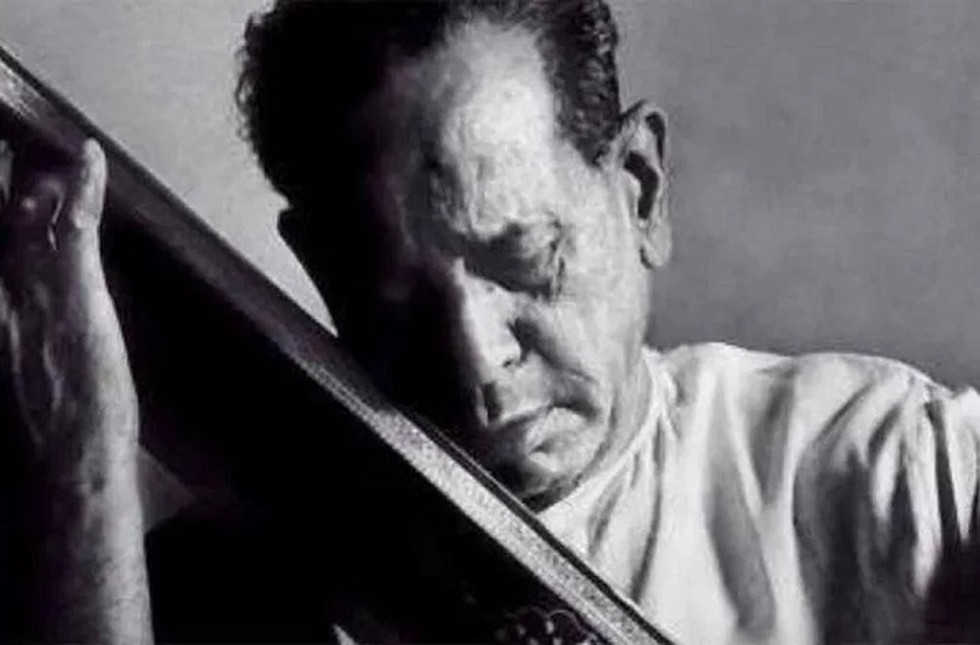
About:
- Union Minister for Information & Broadcasting, Shri Prakash Javadekar made this announcement at a Pandit Bhimsen Joshi Centenary Commemorative function organized in Pune.
- All India Radio, besides its regular music broadcasts, has endeared itself to its classical music listeners by organizing the Akashvani Sangeet Sammelan, in which prominent artistes from across the country perform.
- Pandit Bhimsen Joshi was born on 4 February 1922 at Gadag, then part of Dharwad district of Karnataka. Pune was his Karmabhoomi where he attained fame as a pre-eminent exponent of the Khayal form of singing, as well as for his popular renditions of devotional music - bhajans and abhangs.
- Pandit Bhimsen Joshi was conferred the Bharat Ratna award in 2009.
GENERAL K.S. THIMAYYA
President Ram Nath Kovind inaugurated Gen. Thimayya Museum at Madikeri in Karnataka’s Kodagu district.
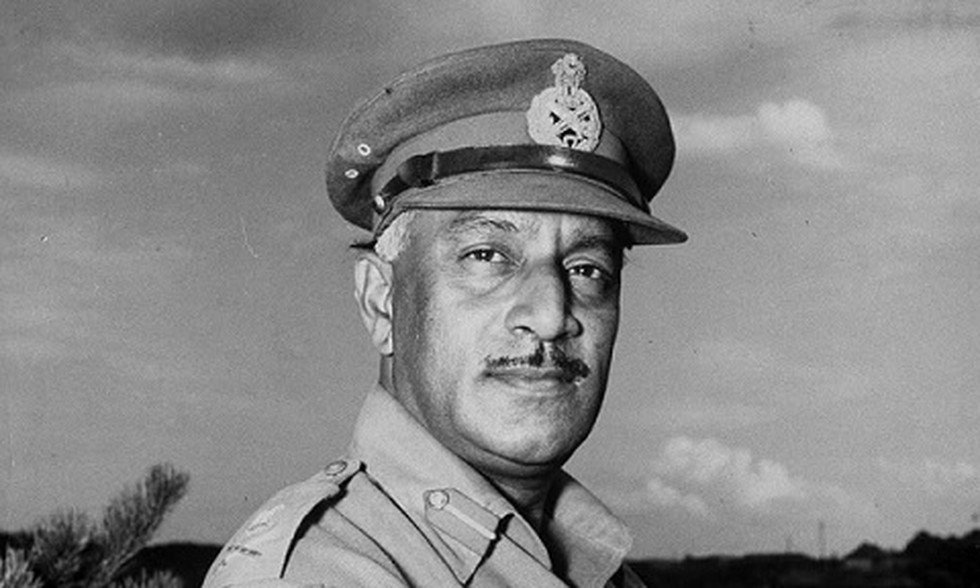
About:
- General Kodendera Subayya Thimayya (1906-1965), was a distinguished soldier of the Indian Army who served as Chief of Army Staff from 1957 to 1961 in the crucial years leading up to the conflict with China in 1962.
- He was the only Indian to command an Infantry brigade in battle during the Second World War
- After the Korean War, Thimayya headed a United Nations unit dealing with the repatriation of prisoners of war.
- After his retirement from the Army, he was appointed Commander of the United Nations Peace Keeping Force in Cyprus from July 1964 to December 1965 and died in Cyprus while on active duty on 18 December 1965.
- In 1954, he was awarded the Padma Bhushan for Civil Service.
- His ancestral house ‘Sunny Side’ has been renovated and converted into a museum.
HE PREVENTION OF INSULTS TO NATIONAL HONOUR ACT, 1971
Police in Uttar Pradesh’s Pilibhit district have booked the mother and brother of a farmer who had died during the farmers’ agitation in Delhi, under The Prevention of Insults to National Honour Act, 1971, after his body was allegedly draped in the national flag.
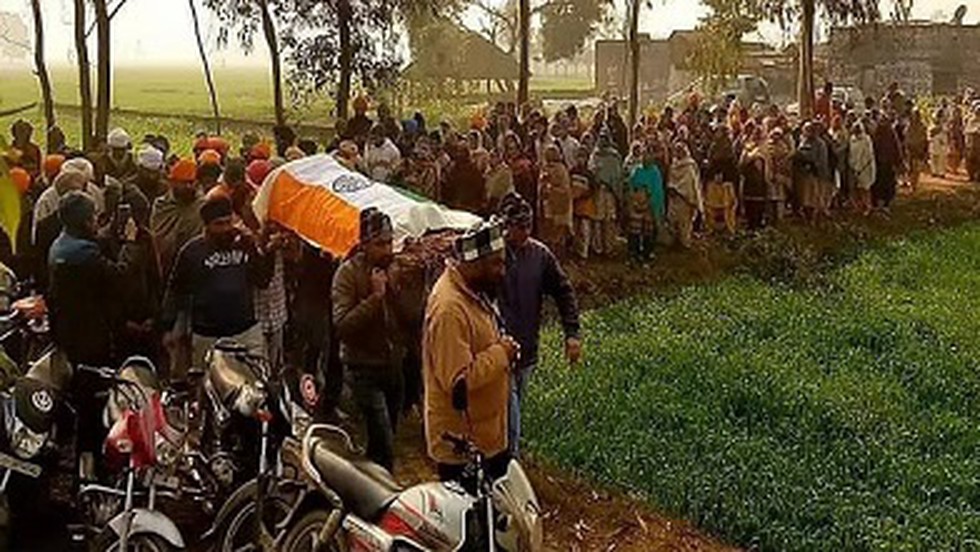
About:
- The law, enacted on December 23, 1971, penalises the desecration of or insult to Indian national symbols, such as the National Flag, the Constitution, the National Anthem, and the Indian map, as well as contempt of the Constitution of India.
- Section 2 of the Act says that whoever disrespects the Indian National Flag or the Constitution of India shall be punished with imprisonment for a term which may extend to three years, or with fine, or with both.
- As per the Act, disrespect to the Indian National Flag includes using the Indian National Flag as a drapery in any form whatsoever except in State funerals or armed forces or other para-military forces funerals”.
- Section 3.22 of The Flag Code of India, 2002 reads: “The Flag shall not be used as a drapery in any form whatsoever except in State/Military/Central Paramilitary Forces funerals hereinafter provided.”
- The flag can only be used during a funeral if it is accorded the status of a state funeral. Apart from police and armed forces, state funerals are held when people who are holding or have held office of President, Vice-President, Prime Minister, Cabinet Minister, Chief Minister pass away.
CURRENCY SWAP
The Central Bank of Sri Lanka (CBSL) settled a $400 million currency swap facility from the Reserve Bank of India (RBI), meeting the terms that the two countries had agreed upon.
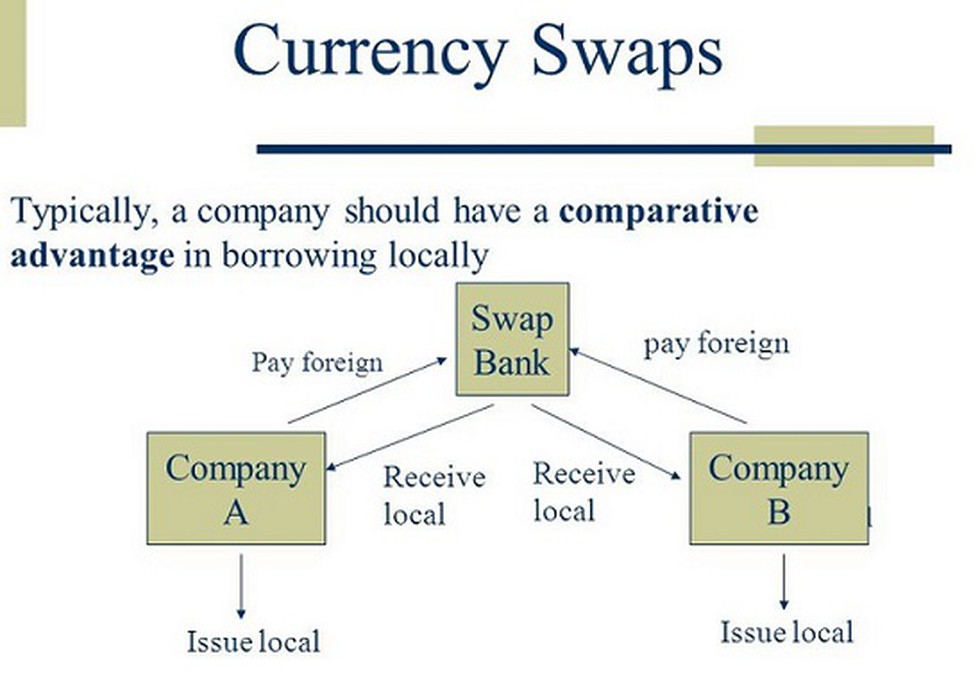
About:
- The update sparked speculation in local media that India may have “abruptly terminated” the agreement, following Colombo’s decision to pull out of a 2019 agreement to develop a Colombo Port terminal jointly with India and Japan.
- However, both countries clarified that the developments were not linked.
- The CBSL obtained the swap facility on July 31, 2020, for an initial period of three months, to cope with the severe economic impact of the pandemic. Subsequently, the RBI provided a three-month rollover at CBSL’s request, until February 1, 2021.
- Further extension would require Sri Lanka having a successfully negotiated staff level agreement for an IMF programme, which Sri Lanka does not have at present.
1st INDIA-EU HIGH LEVEL DIALOGUE ON TRADE AND INVESTMENT
The 1st High Level Dialogue (HLD), co-chaired by the Minister of Commerce and Industry Piyush Goyal and the European Union Executive Vice-President & Trade Commissioner Mr. Valdis Dombrovskis, was held on 5th February 2021.
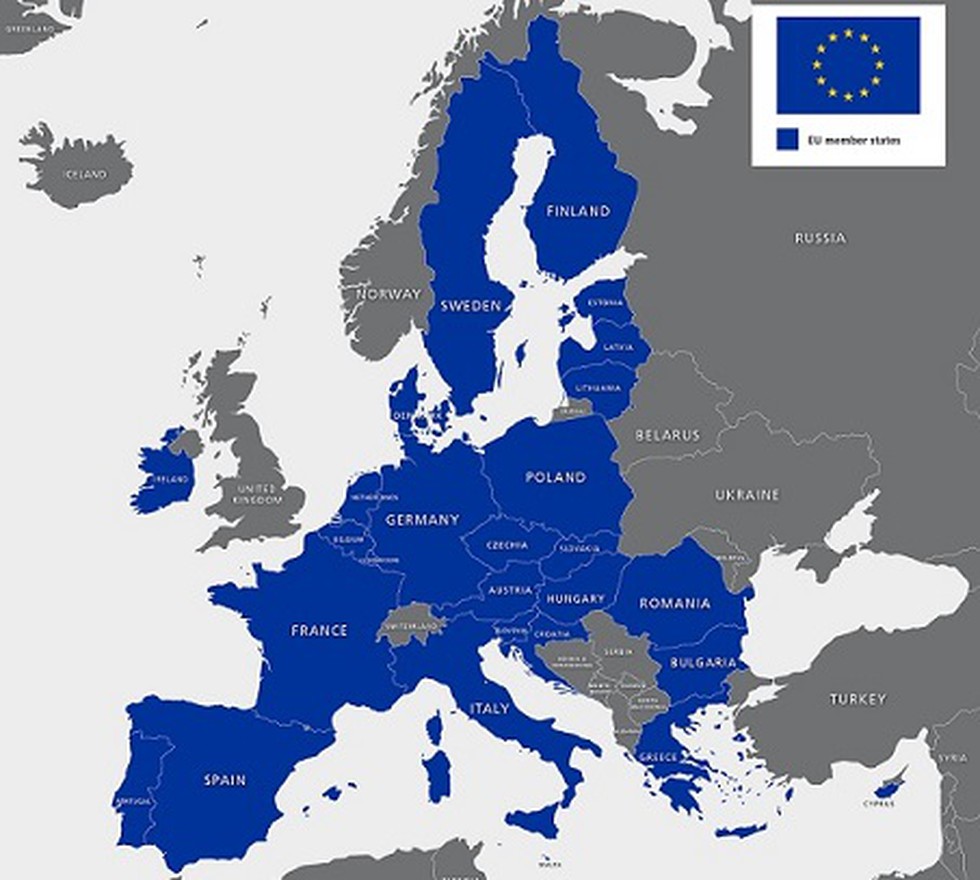
About:
- Commitment to the establishment of this Dialogue was a major outcome of the 15th India-EU Leader’s Summit held in July 2020, with an objective for a Ministerial level guidance towards the bilateral trade and investment relations.
- The Ministers also agreed to meet within the next three months, with an objective for reaching consensus on a host of bilateral trade & investment cooperation issues viz. a bilateral Regulatory Dialogue; an India-EU Multilateral Dialogue to explore further possibilities of cooperation; etc.
Comments
Post a Comment